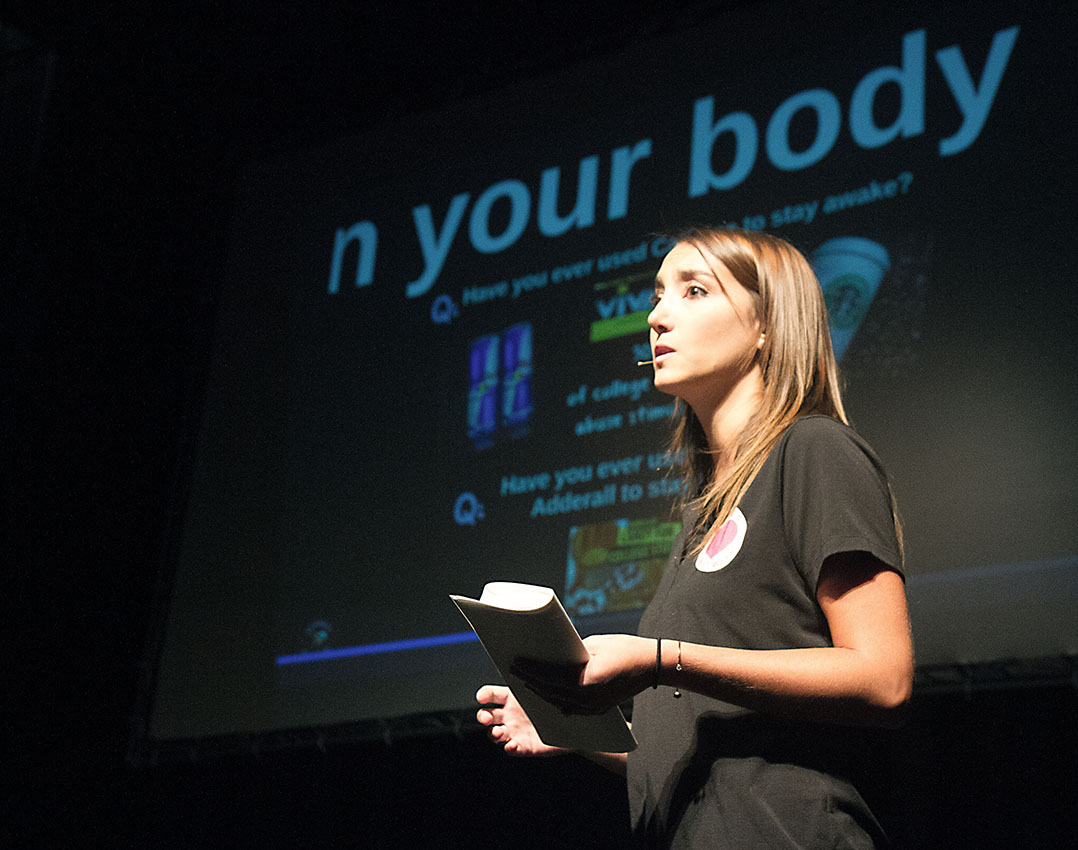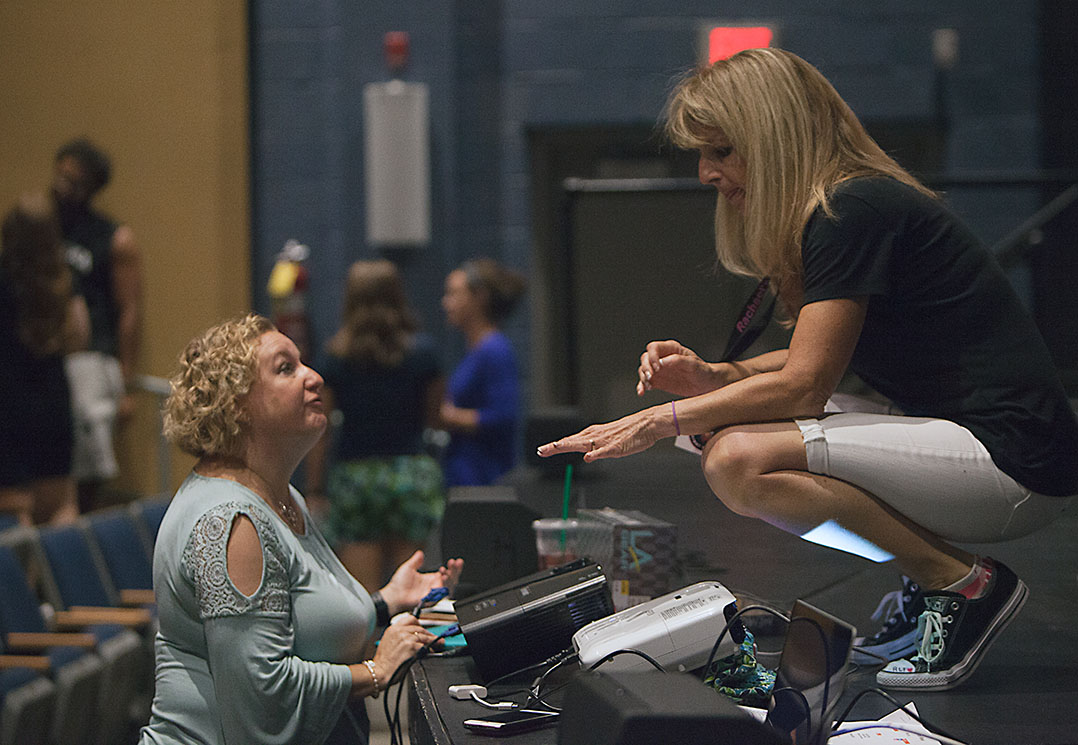Commentary by Brad Thompson
Children are dying, and we in the community are largely doing nothing about it. But one mother, with a few friends, is trying to change that. Unfortunately, despite the fact that Zionsville is filled with committed parents, she is mostly encountering apathy and denial.
The cause of death for these children is momentary bad judgment – theirs, or their friends, or both – during their transition from childhood to adulthood. It’s hard growing up, but it seems to be especially hard for Zionsville youth to move away from the safety of their homes to the relatively unprotected environments of our state universities.
Specifically, our children are dying from suicide and accidents that involve drugs or alcohol. Full disclosure, this is personal for me. I raised two sons in this community who are now in their mid-20s. One of them graduated from high school with Rachael Fiege, an intelligent, soccer-playing young lady who entered Indiana University only to die her first week there. But Rachael is hardly alone. By my count, in the last half-dozen years we have lost in similar circumstances at least six children who are roughly the age of Rachael or my son (now 23).
I suspect that if these children were dying from something like lead poisoning we would be tearing this town apart to find the source and do something about it. We would have a horde of parents forming task forces, funding scientific research and seeking private and public sector solutions. But with suicide and alcohol-related deaths among young adults, our collective response seems to be: “That’s sad, but what can we do about it?” Further, we treat these deaths as somehow a private matter for the affected families that we ought not discuss.
Rachael’s mother, Angela Fiege, thinks we should talk about it. And Angela has an important perspective on this issue, well beyond losing her own daughter this way. She is a critical care and emergency room physician who treats our young adult children with injuries caused by depression or substance abuse. And sometimes, of course, she cannot save them.
Although the problem has many causes, one is the reluctance of adults younger than age 21 to call authorities when a classmate has been sickened by alcohol for fear of prosecution. To help reduce that fear, the Indiana lifeline law protects people younger than 21 from prosecution for certain alcohol-related offenses if they call for help in a medical emergency. But unfortunately, many kids don’t know about the law.
So, Dr. Fiege launched an educational program called Rachael’s First Week. Given the circumstances around Rachael’s death, some might assume that RFW is focused on the Indiana lifeline law, but the program goes well beyond that to identify the major hazards facing 19-year-olds as they transition out of the home and into college. This includes such things as depression and sexual assault.
Dr. Fiege and a team of volunteers that include friends of Rachael, Rachael’s brother and a group of young ER physicians and medical students are trying to convince area high schools to allow them to conduct a one-hour program for seniors during the spring before they go to college. Dr. Fiege also targets area universities and colleges in an effort to get invited to fall freshman week programs.
But progress is slow. It’s a conversation that apparently not a lot of schools want to have. It requires a frank and open discussion about things like depression, sex and alcohol that don’t naturally find themselves in a school’s curriculum.
Almost certainly we need to do more than just have a one-hour program to save our children. There may well be other reasons beyond a lack of education for the bad decisions that 19-year-olds periodically make. But it would seem that the natural place to start is with a conversation that includes our children. Hopefully, more schools will decide this is an important conversation to have.







